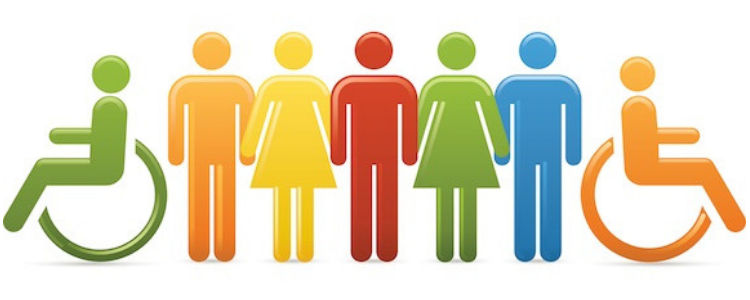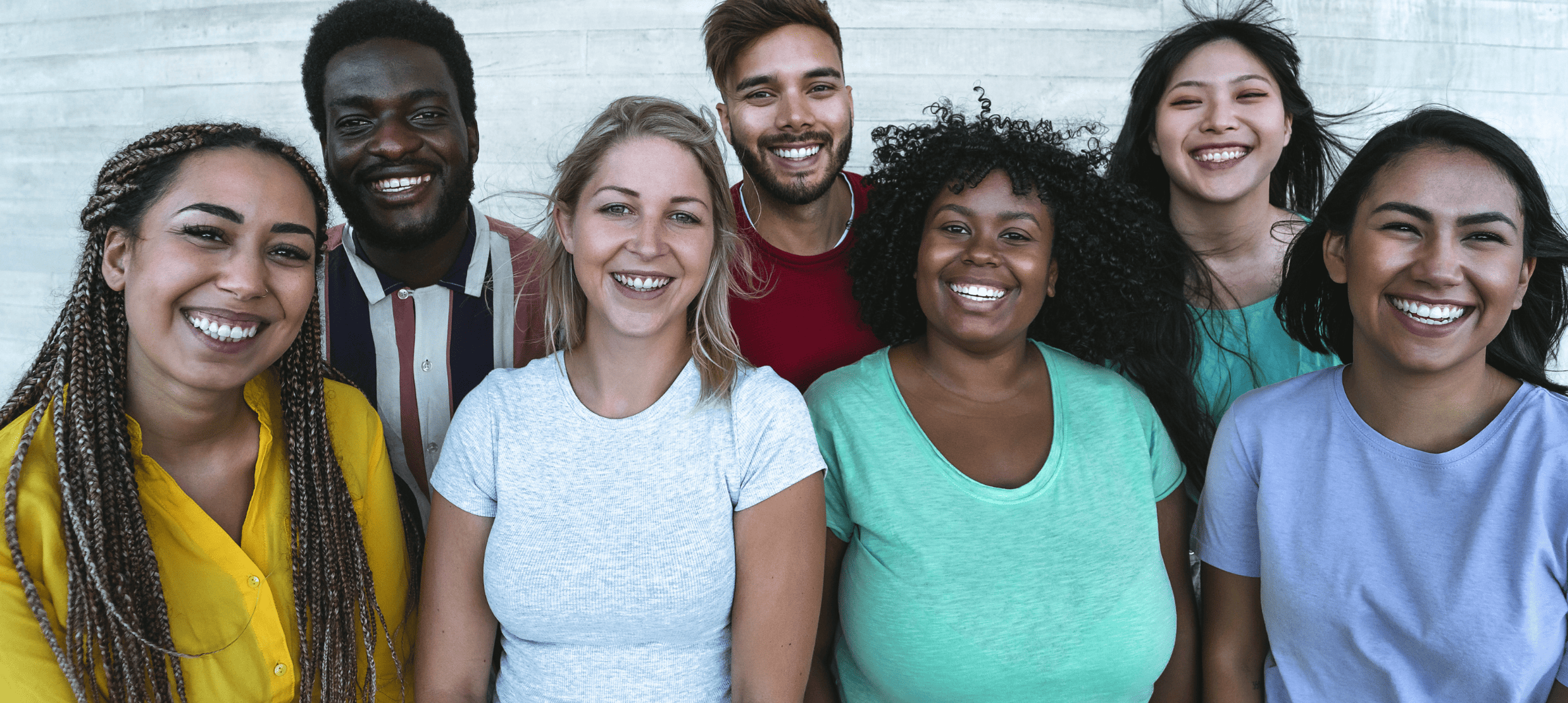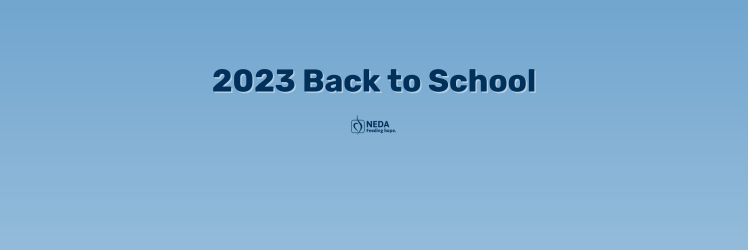In high school, I was the classic overachiever. My identity was (and to a certain extent still is) wrapped up in doing everything and doing it well. I did debate, mock trial, volunteered, danced and loved it. After graduation, I moved away from home to start school at the University of Alaska. Spring semester of my freshman year, I started to run a little tired and achy, but chalked it up to stress and kept going. That summer, I came home and slept for the better part of three months. I started going to doctors and running test after test without any concrete results. Meanwhile, my symptoms were steadily progressing. By spring of my sophomore year, I had dropped most of my classes and decided to move back home.
Over the past two years, I’ve spent a lot of time feeling like my body has betrayed me. My pain and fatigue forced me to give up a lot of activities and reevaluate my identity, my priorities, and my relationships over a relatively short period of time. The long list of negative test results combined with the messages that if I would just push harder, have a more positive attitude, practice yoga, try this new supplement, change my diet, or exercise more left me like I was somehow faking it or making myself sick and guilty for not being able to ‘fix’ myself.
Prior to getting sick, I had a very limited understanding of disability and illness. In the media, disabled people are routinely infantilized, asexualized, objectified as either an object of pity or an object of inspiration, and their lives presented as a tragedy. Similarly, many body positive movements don’t provide inclusive spaces where disabled people can see themselves represented accurately or at all. A lot of body positive rhetoric is focused on reframing body image to focus on what bodies can do and how they feel rather than what they look like. Oftentimes, this is focused almost exclusively on health or athleticism. While I think that this sort of discourse is really valuable for a lot of people, I have a hard time relating. My body hurts. It’s tired and slow and shaky and some days it doesn’t let me get out of bed.
Another thing I’ve encountered regularly in both body positive and other spaces is a pressure to not let your body, illness, or disability define you. The assumption here is that there is some sort of ‘inner you’, one that is separate from the physical form. But, to a large extent, my body and my illness do define me. Although becoming sick has by no means erased other parts of who I am as a person, it has definitely affected the way that I experience, express, and understand myself. The nature of my illness forces me to be aware of my body 100% of the time in ways that I never had to think about before. Disability isn’t something that I can experience separately from any other part of my experience.
More than anything else, finding disability activism and claiming disability as a political term and personal identity has allowed me to start to move past the feelings of hatred and betrayal. This model of disability says that my body is not inherently bad. It says that I am allowed to exist vibrantly and unapologetically and has given me access to a community where I can see my experiences reflected. But the fact is, I don’t always love my body. I don’t always love the way my body looks. I don’t always love the way my body feels or the way it moves. I don’t always love the new limitations I’m experiencing and all of that is okay. Disability and illness are an integral part of my life, my body, and my identity. Chances are, it’s not going away any time soon. For now, I can love the fact that I have access to a vibrant disability community and a long history of activism. I can continue to work on accepting my body where it’s at and practicing compassion and self-care.
Erin Cowley is a queer, disabled, femme living in Salt Lake City, Utah, where she studies sociology at the University of Utah. When she’s not studying or sleeping, she likes to put on red lipstick and attempt (often ill-advised and occasionally disastrous) kitchen experiments.
This content was originally published on Proud2bme.org in 2014.






